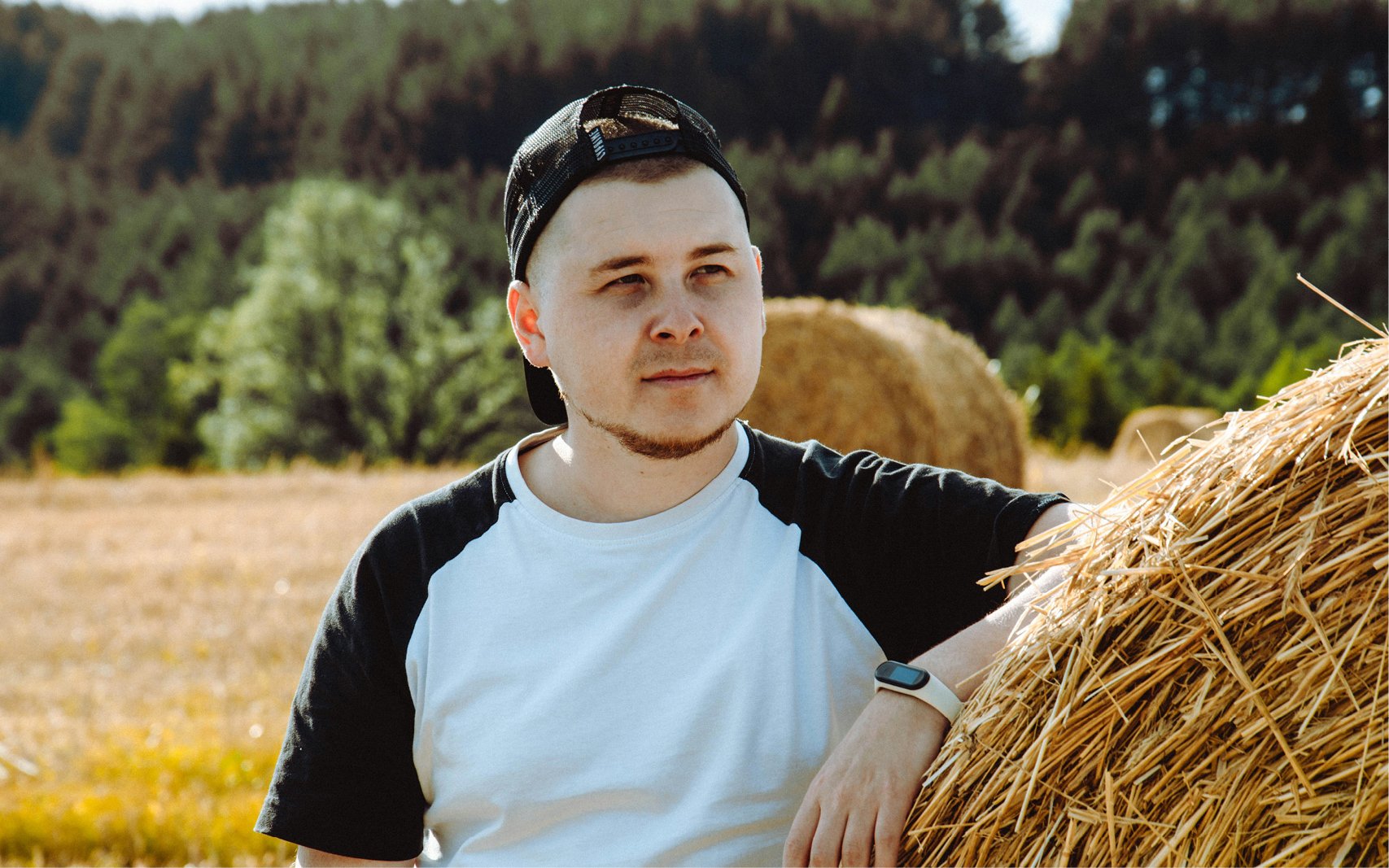There’s a great quote that says, “you can’t fix someone who’s determined to stay broken.” Dealing with someone you love who is deep in addiction feels like that. You want to help them so bad but you can’t do the work for them. It’s a lesson in futility. But you can do the work on yourself, show up differently, and love them (not enable them) until they can learn to love themselves.
The Fixer Trap
We talk to a lot of family members who start here: calling rehabs, covering up messes, bailing them out of jail, throwing money at the problem like it might disappear if we love hard enough.
Country Road Recovery’s clinical director Derek Talkington says this about enabling, “You are the one who's desperately trying to get them help instead of them desperately trying to get themselves help… We rob them of the opportunity to be invested in their own treatment.”
When you jump in as their rescuer, you steal their chance to build self-worth through their own effort. It might feel like love, but it’s actually enablement.
Codependency in Disguise: The White Knight Complex
The White Knight Complex is codependency dressed up like compassion. You might think you're being supportive, but if you're constantly solving every crisis, you're not helping. You’re stuck chasing validation while they stay stuck in dysfunction.
One family member put it like this, “We let them feed us lies so we can do the rescuing. We want that so badly—we consume those lies.”
If you find yourself staying up all night Googling detox centers or covering rent “just one more time,” it’s time to check your motives.
The Addicted Brain: Shame, Secrets, & Tornadoes
“I’m like a tornado parked in your living room… I lie because I’m afraid you won’t love me if you know how bad it is.”
They’re not just hiding bottles—they’re hiding fear. Fear of disappointing you. Fear of losing you. That doesn’t make their behavior okay, but it makes it human. And understanding this is key to setting compassionate boundaries.
Boundaries Are Love: Not Abandonment
When it comes to boundaries, Derek Talkington says, “We’re not saying never speak to them again. But you can say: I love you, I want you to get well—but I can’t do this with you anymore.”
What this looks like is not giving them cash, not covering for them at work, and letting them face the consequences of their actions. It’s going to feel scary, but it’s the doorway to real change.
Change Starts With You: Parallel Recovery
Shocker: your healing isn’t dependent on whether or not they get sober. You can—and should—start your own recovery, whether that’s Al-Anon, therapy, or a support group.
“If I change, everyone around me starts to change because they have to. I don’t have to cut them off. I can just change.”
When you stop centering your life around their addiction, you create space for your own peace. That shift can ripple out and become the very thing that inspires them to seek help.
Ready to Take the Next Step?
If you’re a parent, partner, sibling, or friend of someone struggling with addiction, you’re not alone—and you’re not helpless. Reach out. Join a group. Let go of what you can’t control.
Because sometimes, the bravest thing you can do is step back.


